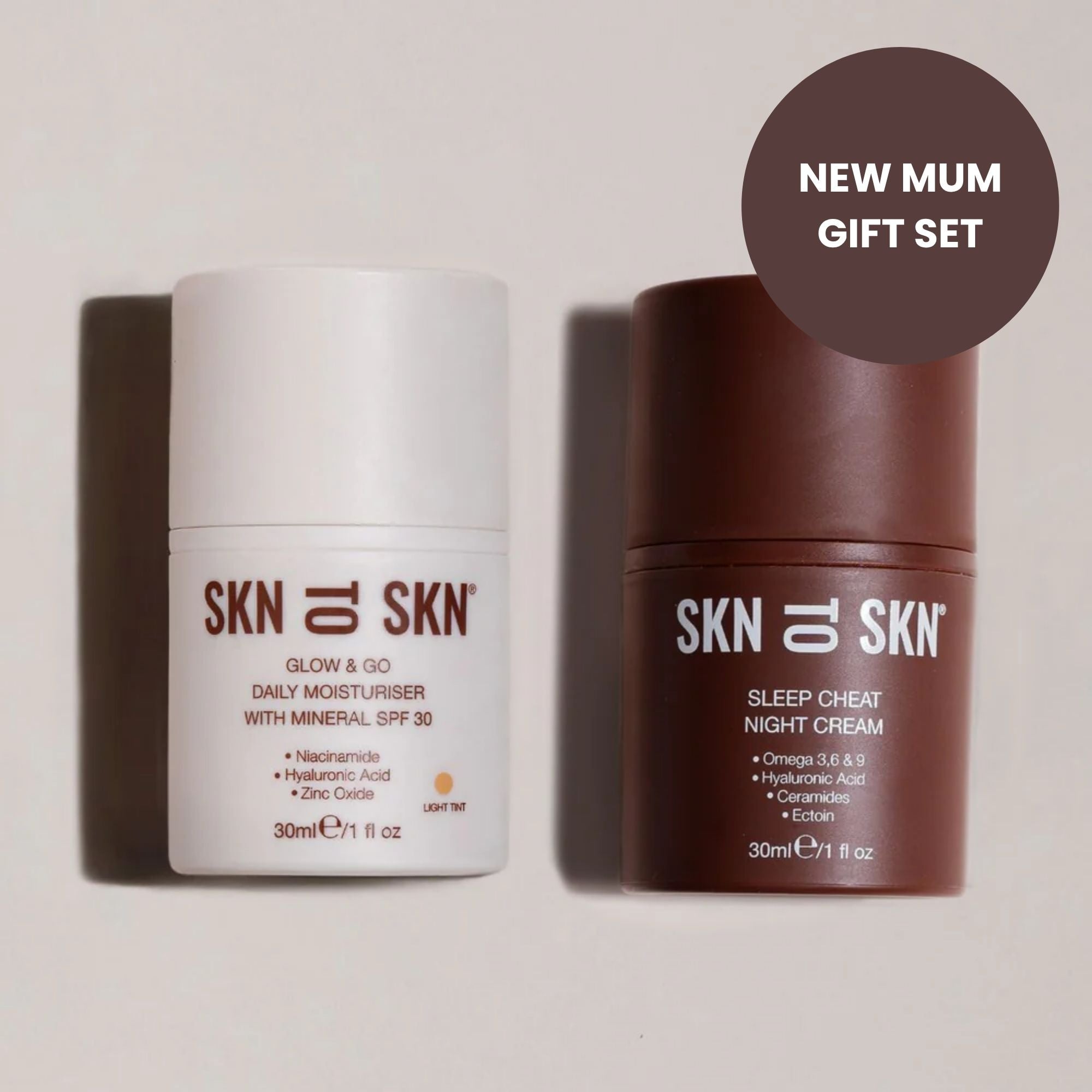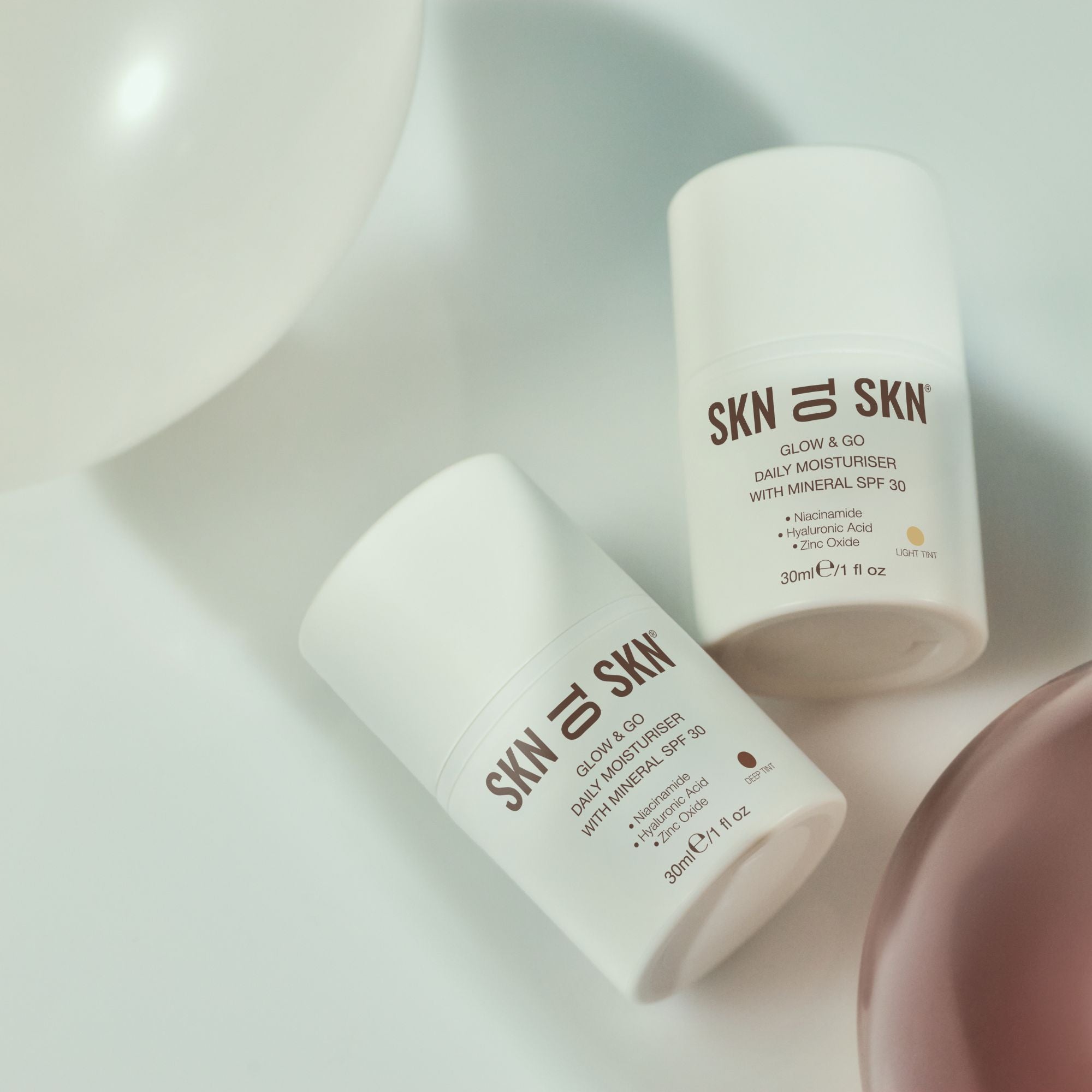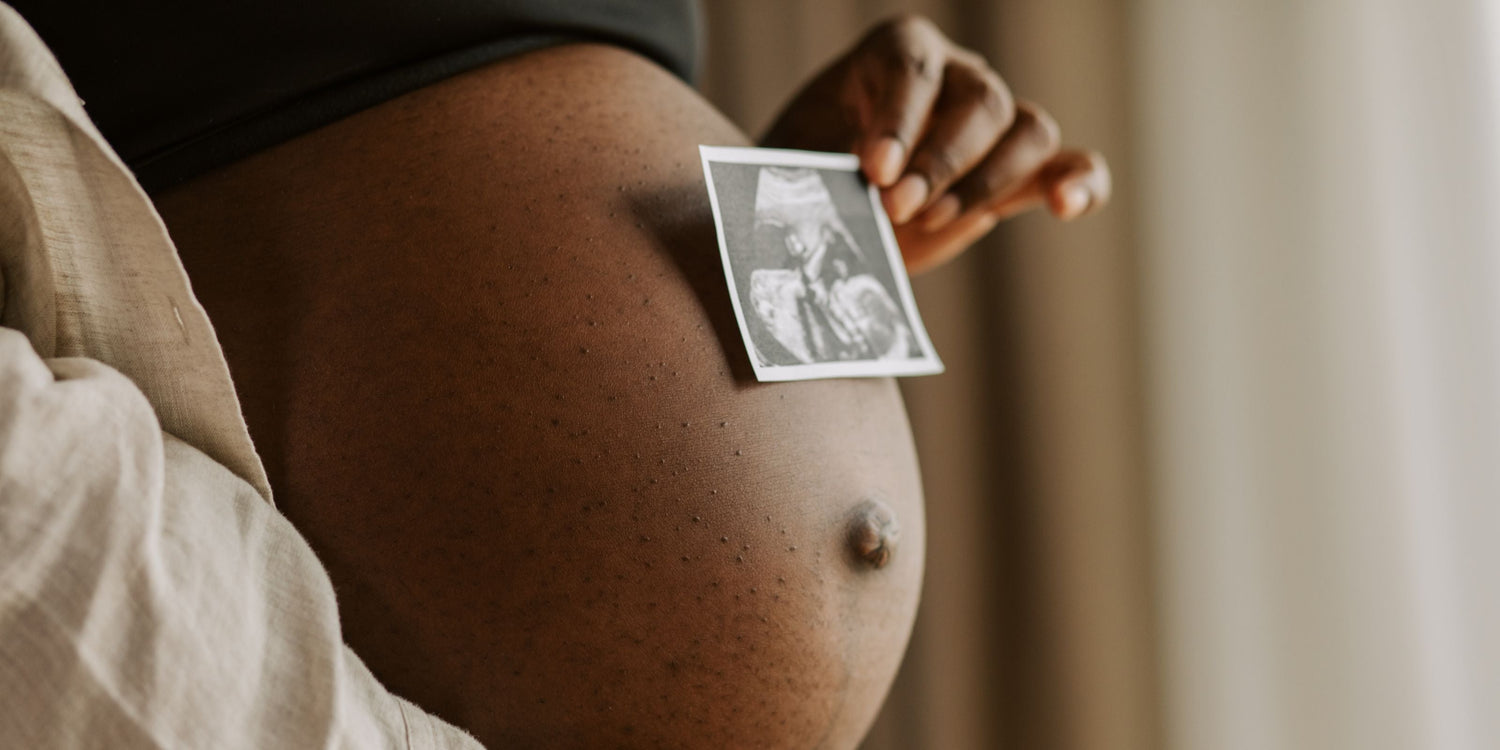Pregnancy is a beautiful journey, but it can come with a few unexpected skin concerns – one of the most common being hormonal acne. If you're struggling with spots during pregnancy, you're not alone. Many women experience breakouts, particularly in the early stages of pregnancy, leaving them wondering what’s causing it and how to treat it safely without harming their baby.
Why Is Acne Worse During Pregnancy?
Hormonal acne during pregnancy is primarily driven by fluctuating hormone levels – particularly an increase in androgens. These hormones stimulate your skin’s oil glands, leading to excess sebum production which clogs pores and creates the perfect environment for breakouts. Women who are already prone to acne or notice breakouts around their menstrual cycle are more likely to experience spots in early pregnancy.
What Does Pregnancy Acne Look Like?
Pregnancy acne can appear as:
- Red, inflamed spots
- Whiteheads and blackheads
- Painful cystic bumps
- Clusters of pimples, particularly on the chin, jawline, and cheeks
It often mirrors the pattern of PMS-related breakouts, but pregnancy acne can persist longer due to prolonged hormonal changes.
Is My Acne PMS or Pregnancy?
One of the earliest signs of pregnancy can be changes in your skin. While PMS acne typically clears once your period starts, persistent breakouts alongside other symptoms like fatigue, nausea, or missed periods could indicate pregnancy. However, acne alone isn’t a definitive sign – always take a pregnancy test if you suspect you're pregnant.
When Does Pregnancy Acne Start?
Spots in early pregnancy often start around the first trimester, as hormones begin to rise. For some women, acne may improve after the first few months, while others may experience breakouts throughout their pregnancy.
How to Treat Hormonal Acne Safely During Pregnancy
Not all acne treatments are safe during pregnancy, which can make managing breakouts feel frustrating. Here's what you should know:
Safe Acne Treatments During Pregnancy:
- Gentle Cleansers: Opt for fragrance-free, non-comedogenic cleansers to remove excess oil without stripping the skin.
- Azelaic Acid: A pregnancy-safe ingredient that helps with both acne and pigmentation.
- Niacinamide: Calms inflammation and regulates oil production.
- Lightweight Moisturisers: Keeping your skin hydrated can help balance sebum production.
Treatments to Avoid:
- Retinoids (including prescription retinol)
- Salicylic acid in high concentrations
- Benzoyl peroxide in high doses
- Oral acne medications like isotretinoin or antibiotics without consulting your doctor
Tips for Managing Pregnancy Acne
- Stick to a simple skincare routine with gentle, pregnancy-safe products.
- Avoid touching your face to prevent bacteria transfer.
- Use oil-free makeup and skincare products.
- Stay hydrated and eat a balanced diet rich in vitamins and antioxidants.
Hormonal acne during pregnancy can feel overwhelming, but with the right skincare routine and safe treatments, it can be managed effectively. Always consult your doctor or dermatologist before starting any new acne treatment for pregnancy to ensure it’s safe for you and your baby.
If you're struggling with spots during pregnancy or need personalised advice, our expert dermatologists at SKN TO SKN are here to support your skincare journey – every step of the way.
 Written by Dr Raj Arora, SKN TO SKN GP Advisor
Written by Dr Raj Arora, SKN TO SKN GP Advisor




